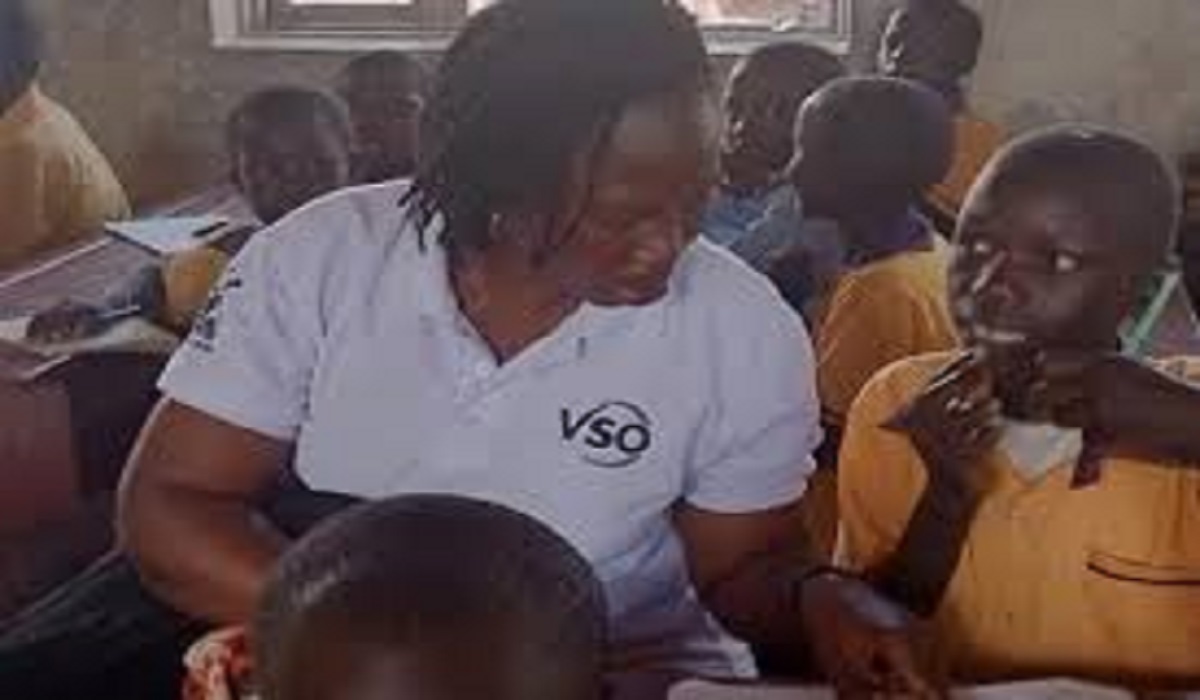Strengthening Teacher Support in Uganda’s Refugee Settlements
Strengthening Teacher Support in Uganda’s Refugee Settlements: Uganda hosts one of the largest refugee populations in the world, with over 1.5 million refugees, many fleeing conflict from South Sudan, the Democratic Republic of Congo, and other neighboring countries. Education in refugee settlements is critical for stability and future opportunities, yet teachers in these areas face immense challenges—including overcrowded classrooms, limited resources, and psychological stress.
This blog explores how to strengthen teacher support in Uganda’s refugee settlements, examining current initiatives, challenges, and innovative solutions to improve education for both teachers and students.
The Current State of Education in Uganda’s Refugee Settlements
1. Overcrowded Classrooms and Limited Resources
Many schools in refugee settlements operate with teacher-to-student ratios of 1:100 or higher, making personalized learning nearly impossible. Lack of textbooks, writing materials, and proper infrastructure further complicates teaching.
2. Teacher Training and Professional Development
Most teachers in refugee settlements are untrained or underqualified, with limited access to professional development. NGOs and government programs are working to provide training, but scalability remains an issue.
3. Psychological and Emotional Challenges
Teachers in refugee settlements often deal with trauma-affected students while facing their own emotional stress. Mental health support for educators is crucial but often overlooked.
4. Incentives and Teacher Retention
Low pay and difficult working conditions lead to high teacher turnover. Sustainable solutions, such as better salaries and community support, are needed to retain skilled educators.
Strategies to Strengthen Teacher Support
1. Enhanced Teacher Training Programs
- Accelerated certification programs for refugee teachers.
- Peer-learning networks where experienced educators mentor newcomers.
- Digital training tools for remote professional development.
2. Mental Health and Well-being Initiatives
- Counseling services for teachers dealing with trauma.
- Stress management workshops to prevent burnout.
3. Better Resource Allocation
- Mobile libraries and e-learning tools to supplement teaching materials.
- Partnerships with NGOs to provide books, stationery, and classroom equipment.
4. Community and Parental Involvement
- Engaging refugee communities to support teachers through volunteer programs.
- Parent-teacher associations to foster collaboration in education.
5. Policy and Advocacy for Teacher Rights
- Lobbying for better pay and working conditions for refugee settlement teachers.
- Government and UNHCR partnerships to improve education policies.
Success Stories and Ongoing Projects
1. The UNICEF Teacher Training Initiative
UNICEF has trained over 3,000 teachers in refugee settlements, improving classroom management and inclusive education strategies.
2. BRAC’s Play-Based Learning Model
BRAC Uganda introduced play-based learning in refugee schools, reducing dropout rates and improving student engagement.
3. Local NGOs Supporting Teacher Well-being
Organizations like Windle International Uganda provide psychosocial support and professional development for teachers.
Challenges and Future Directions
Despite progress, challenges remain:
- Funding gaps limit long-term sustainability.
- Language barriers in multilingual classrooms.
- Infrastructure deficits, such as lack of electricity and internet.
Future solutions include:
- More international funding for teacher support programs.
- Technology integration (e.g., solar-powered digital classrooms).
- Stronger collaboration between governments, NGOs, and local communities.
Conclusion
Strengthening teacher support in Uganda’s refugee settlements is essential for sustainable education. By investing in training, mental health, resources, and policy changes, we can empower teachers to provide quality education—even in the most challenging environments.
FAQs
1. Why is teacher support critical in refugee settlements?
Teachers in refugee settlements face extreme challenges, including overcrowding, trauma, and lack of resources. Supporting them ensures better education for displaced children.
2. What are the biggest obstacles for teachers in Uganda’s refugee schools?
Key challenges include large class sizes, insufficient training, low pay, and emotional stress from working with traumatized students.
3. How can technology help teachers in refugee settlements?
Digital tools, such as e-learning platforms and mobile training apps, can provide remote professional development and teaching resources.
4. What role do NGOs play in supporting refugee teachers?
NGOs provide training, resources, mental health support, and advocacy to improve working conditions for teachers.
5. How can individuals or organizations contribute?
Donations, volunteering, and advocacy for refugee education policies can make a significant impact. Partnering with NGOs like UNICEF, BRAC, or Windle International is a great start.
